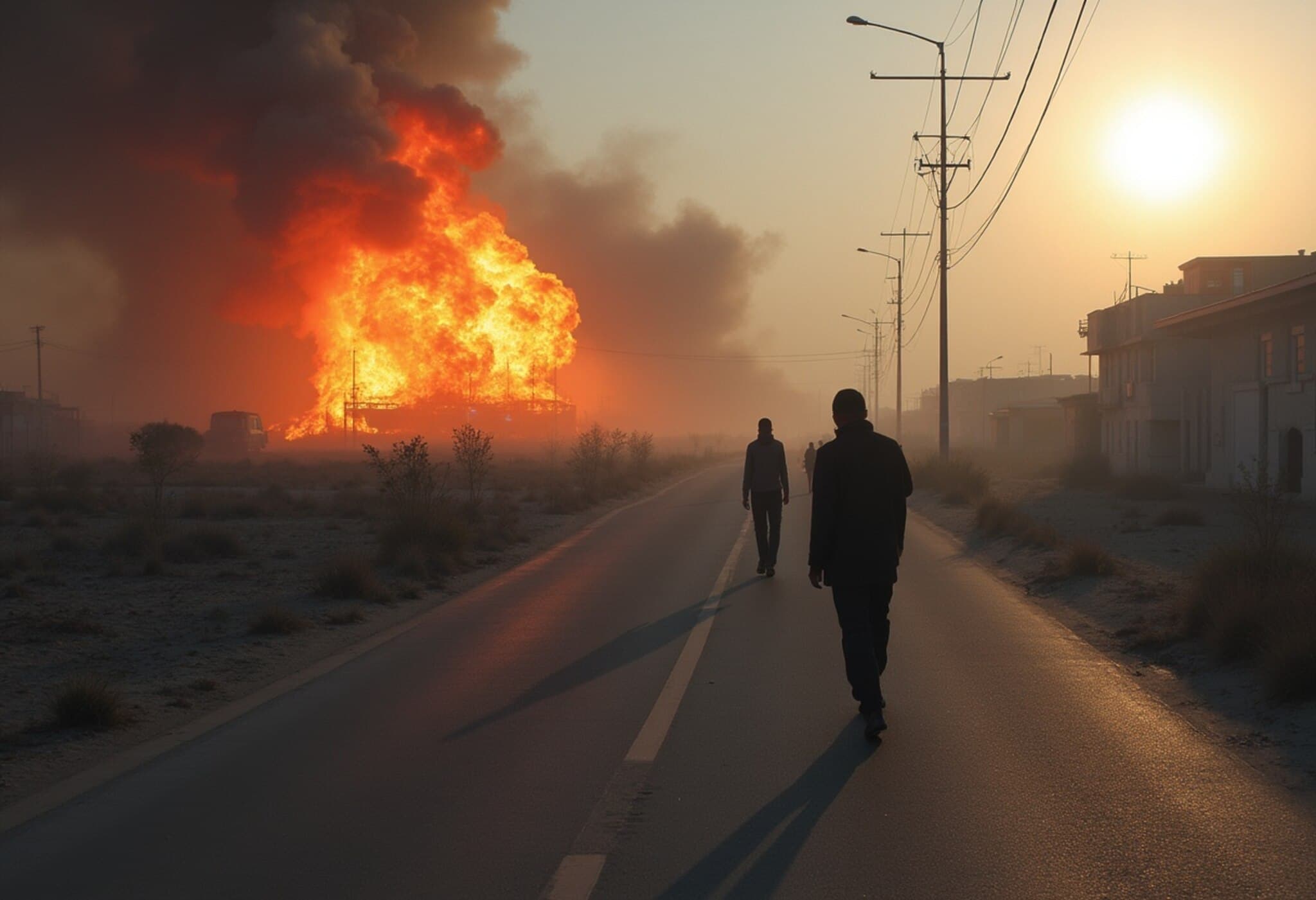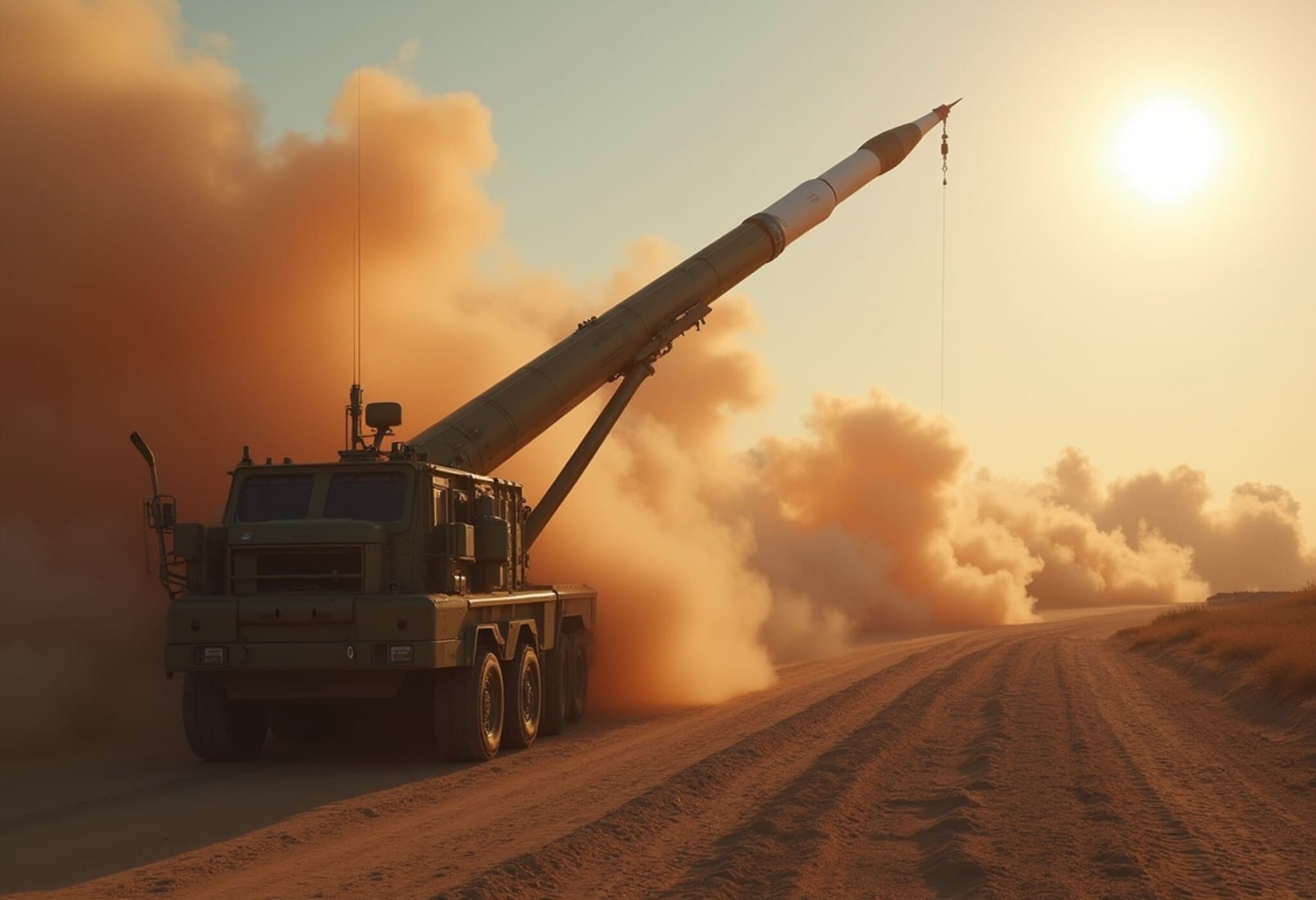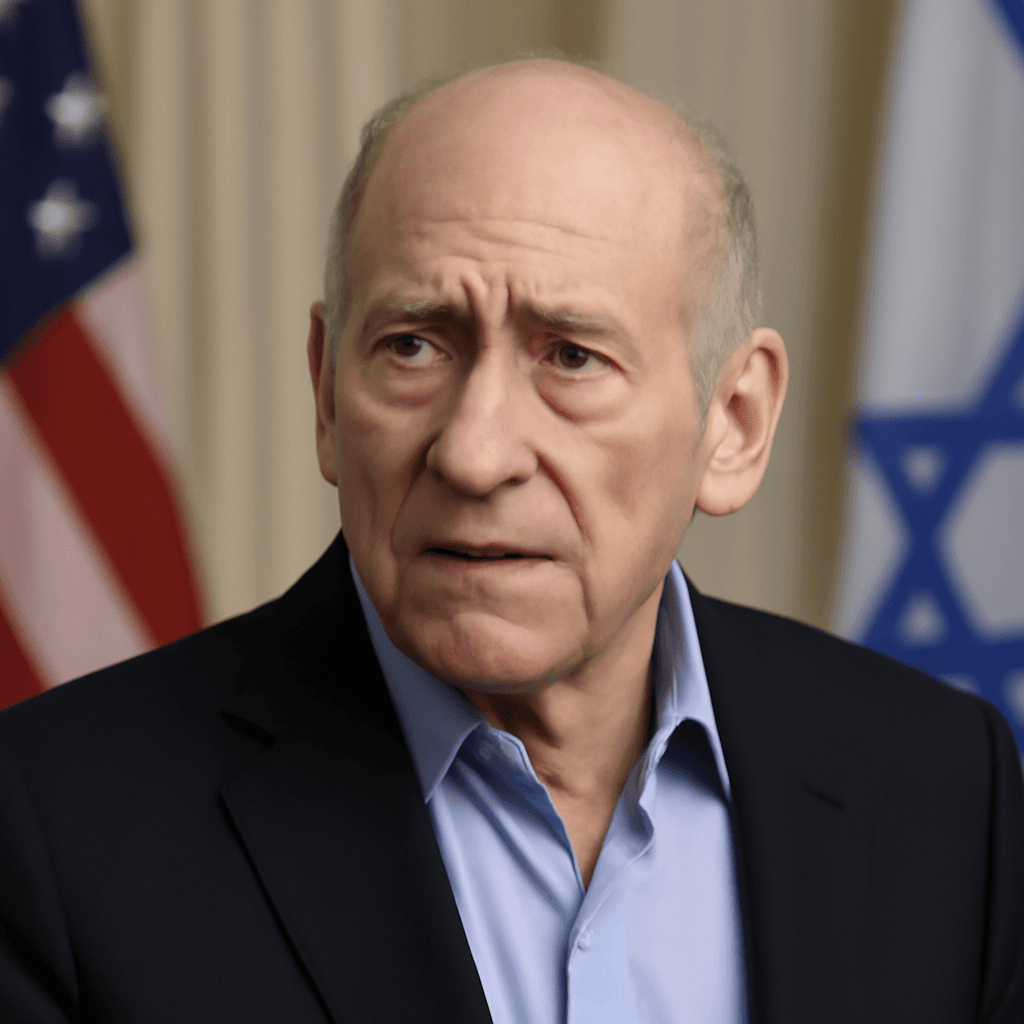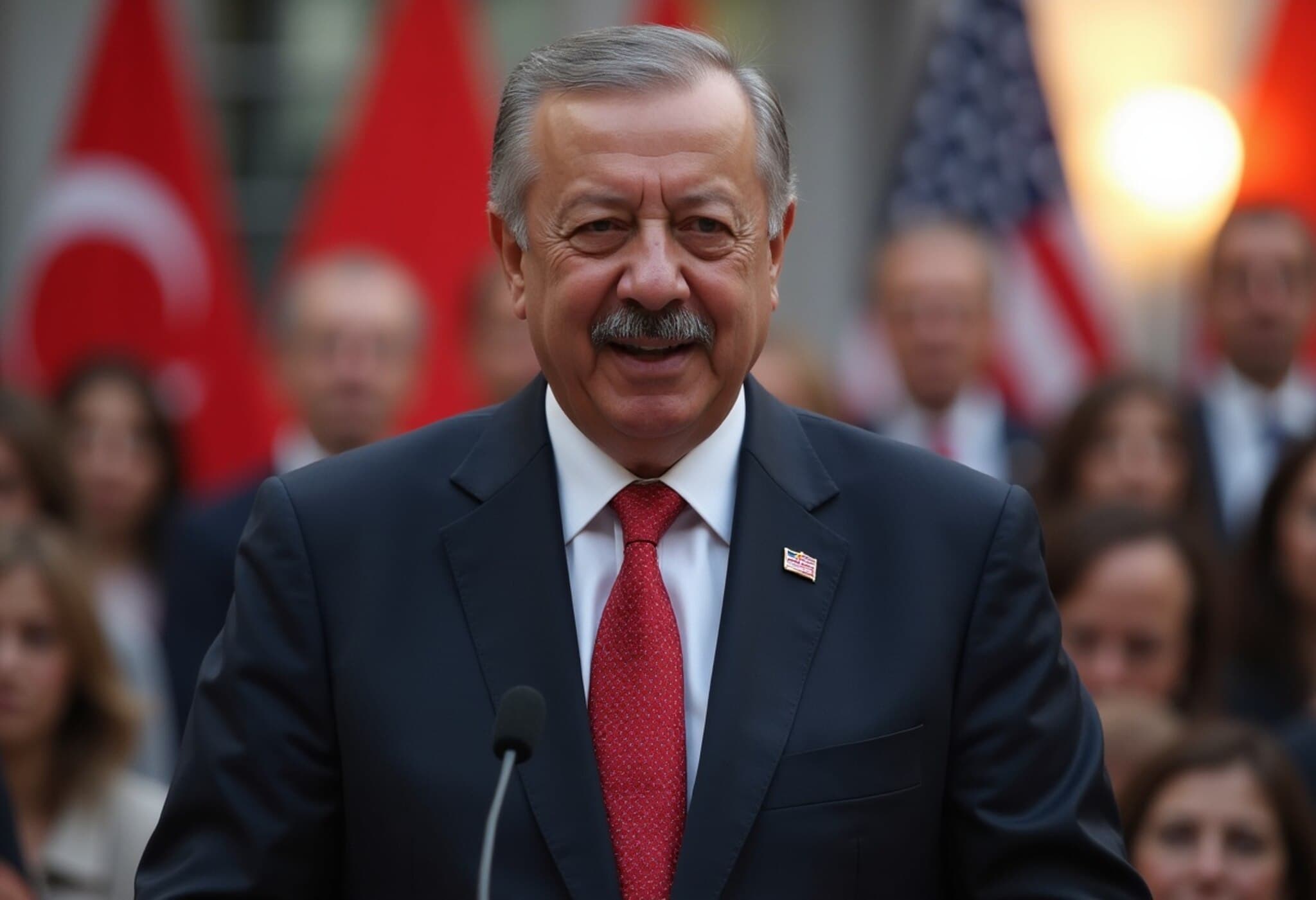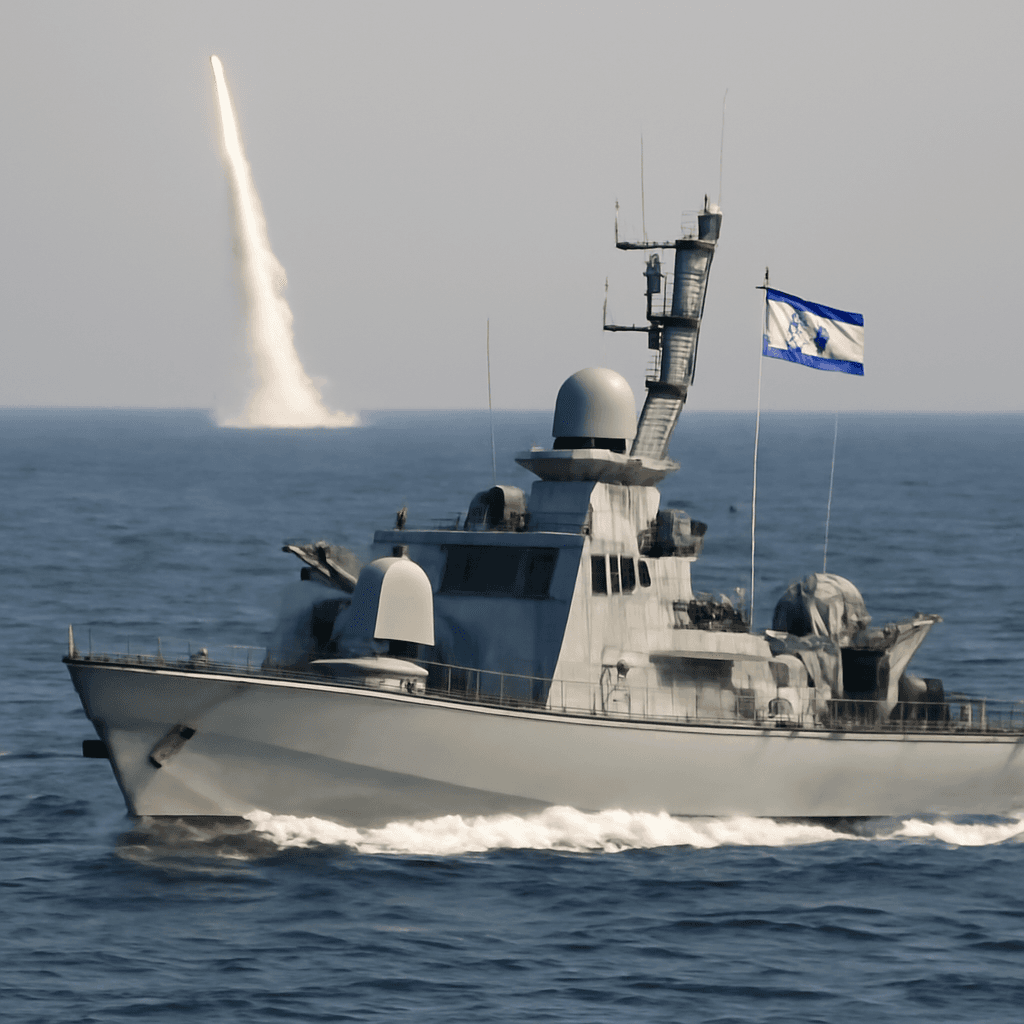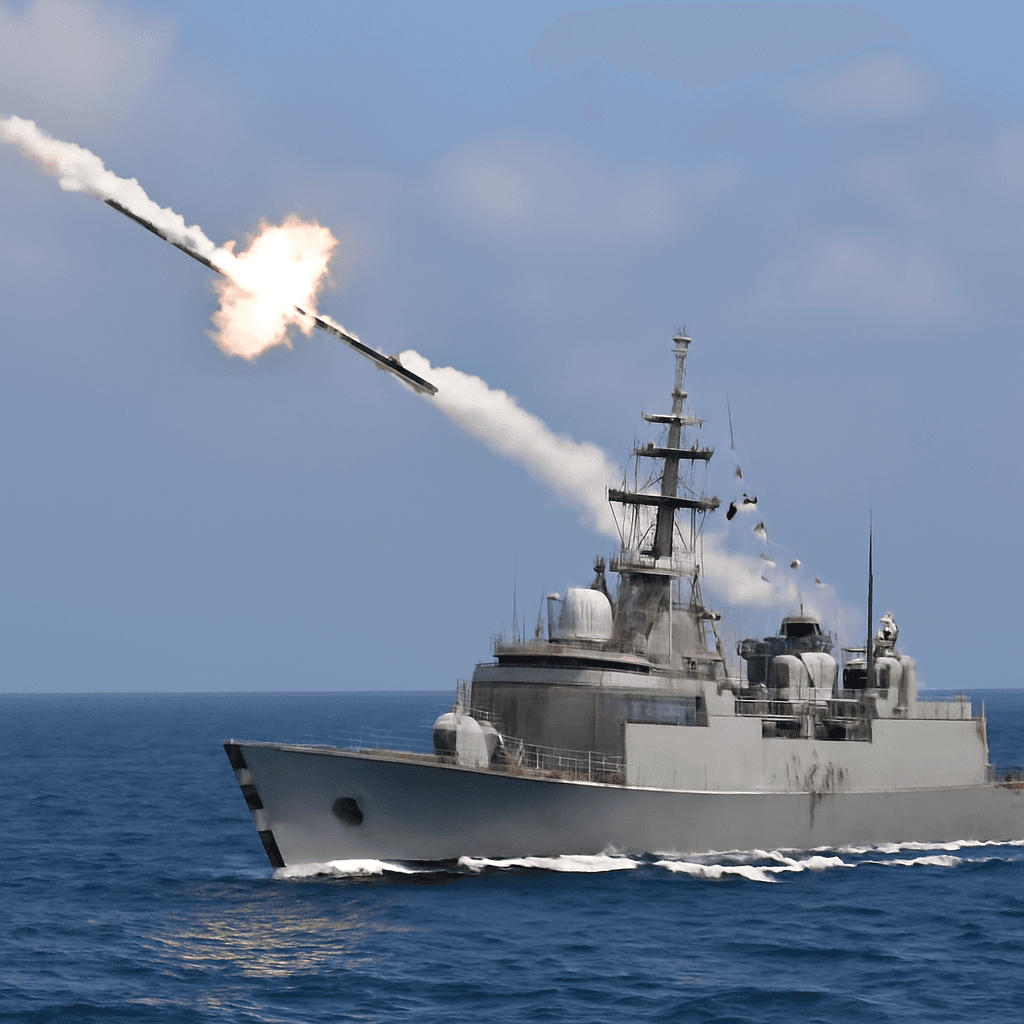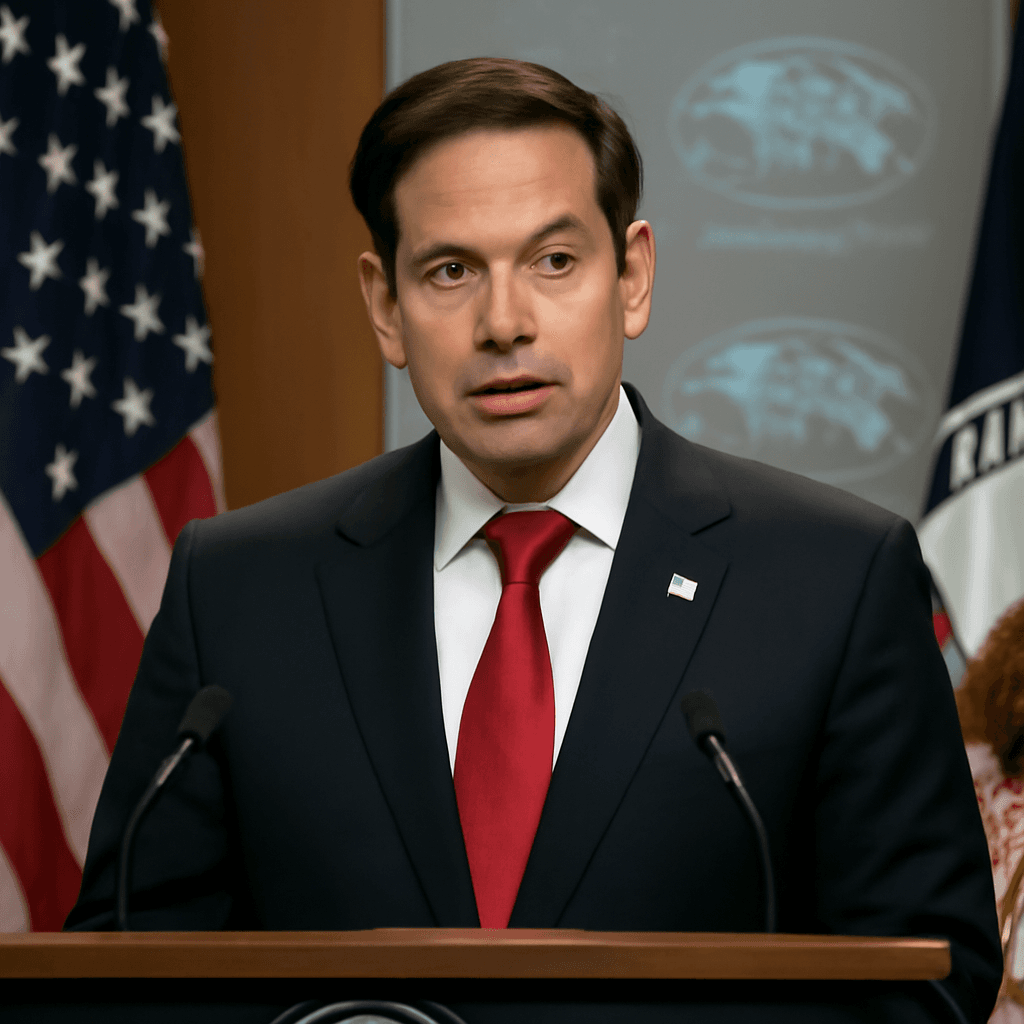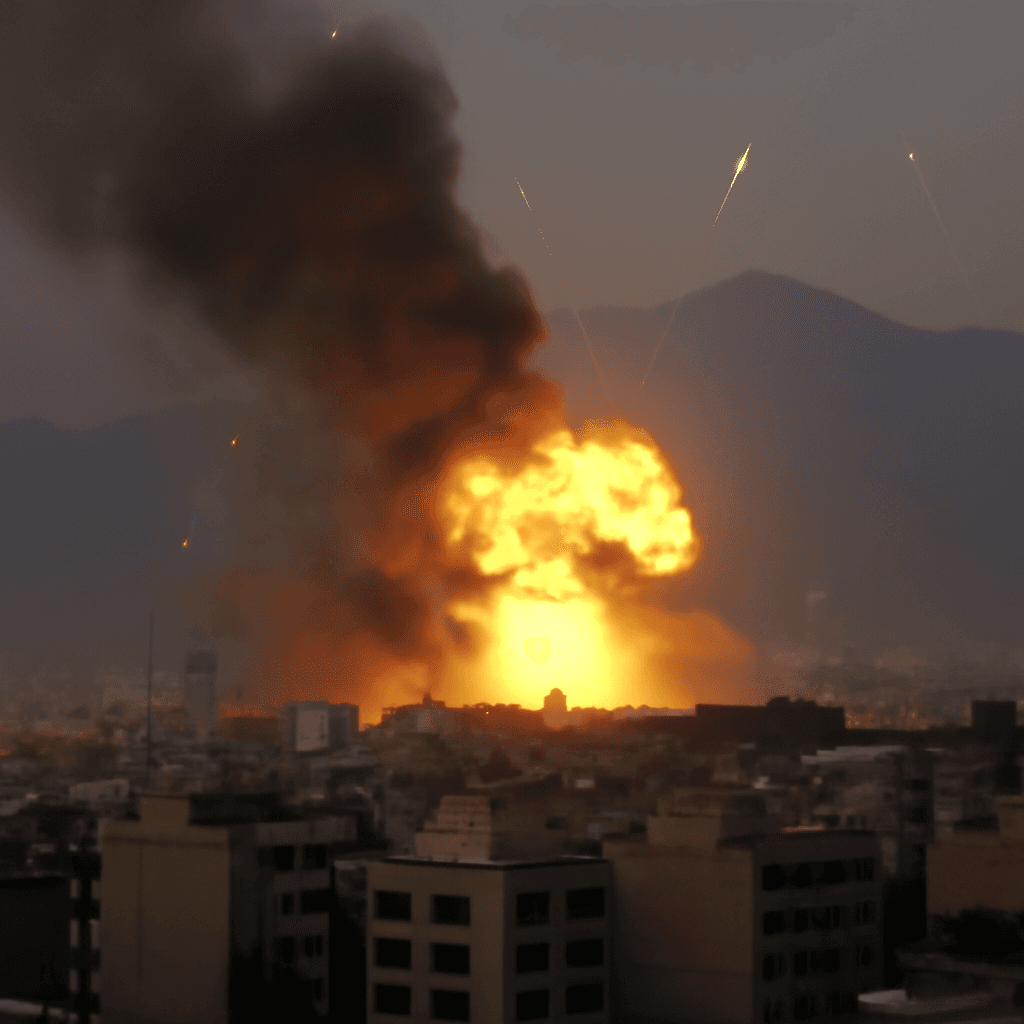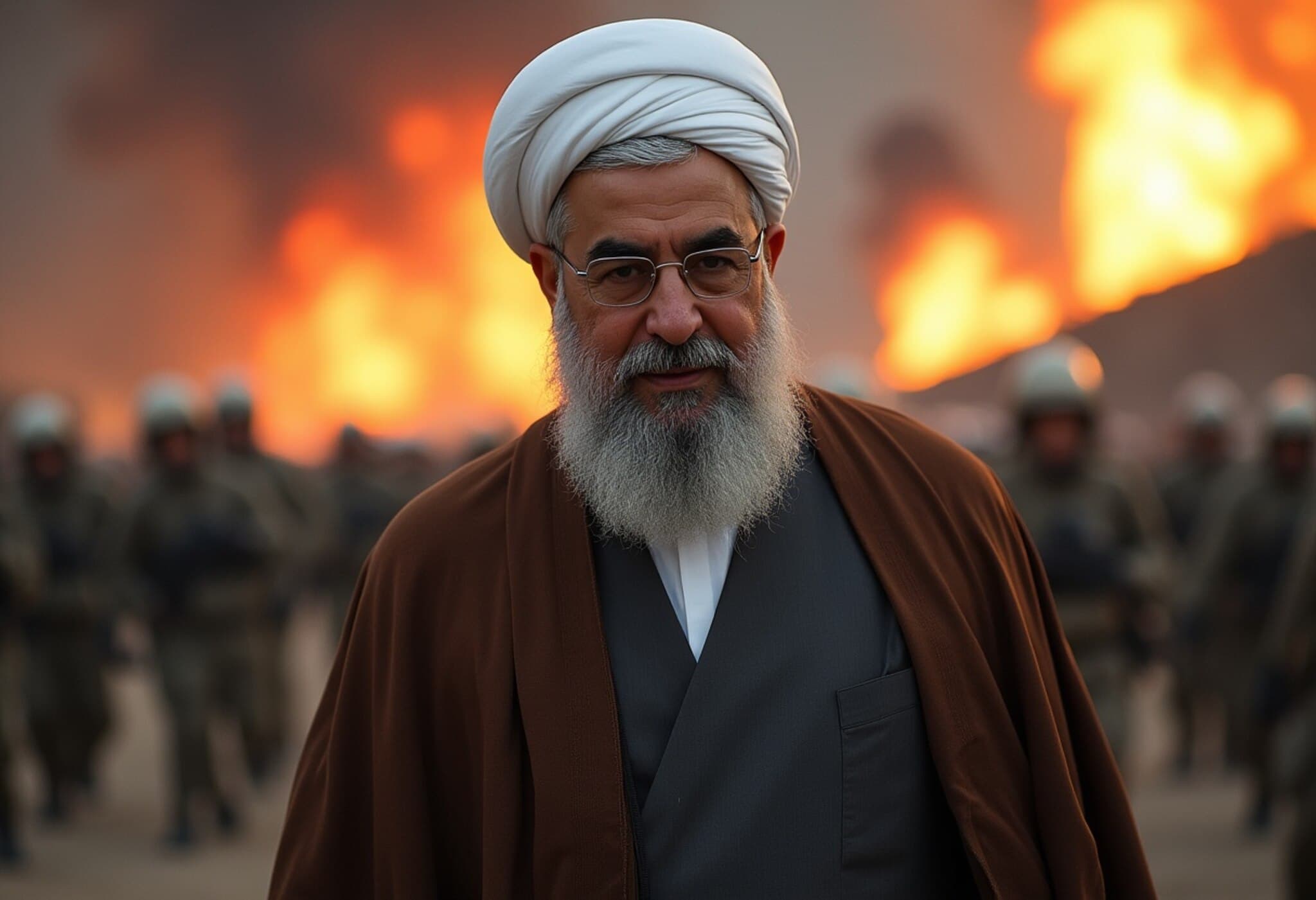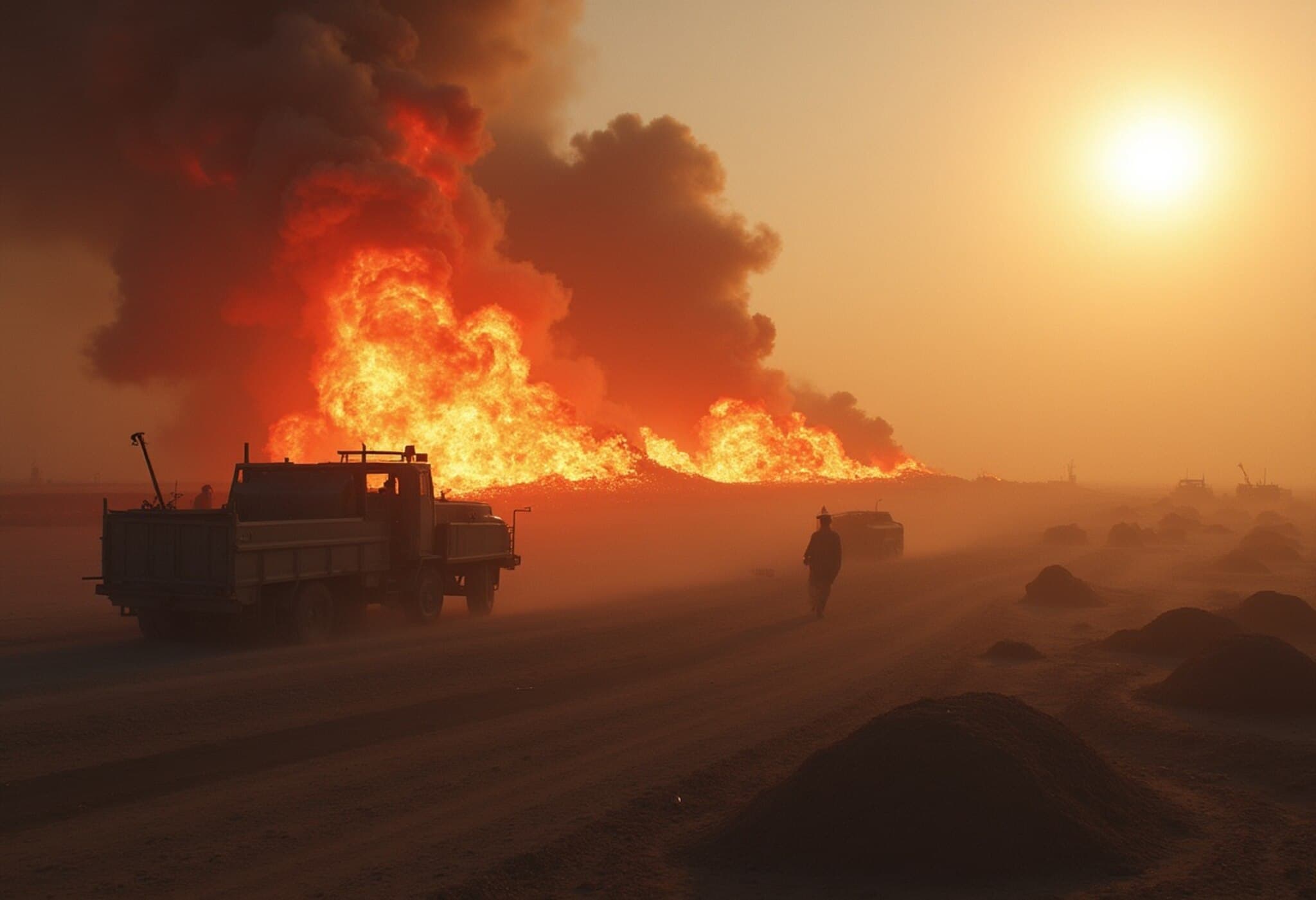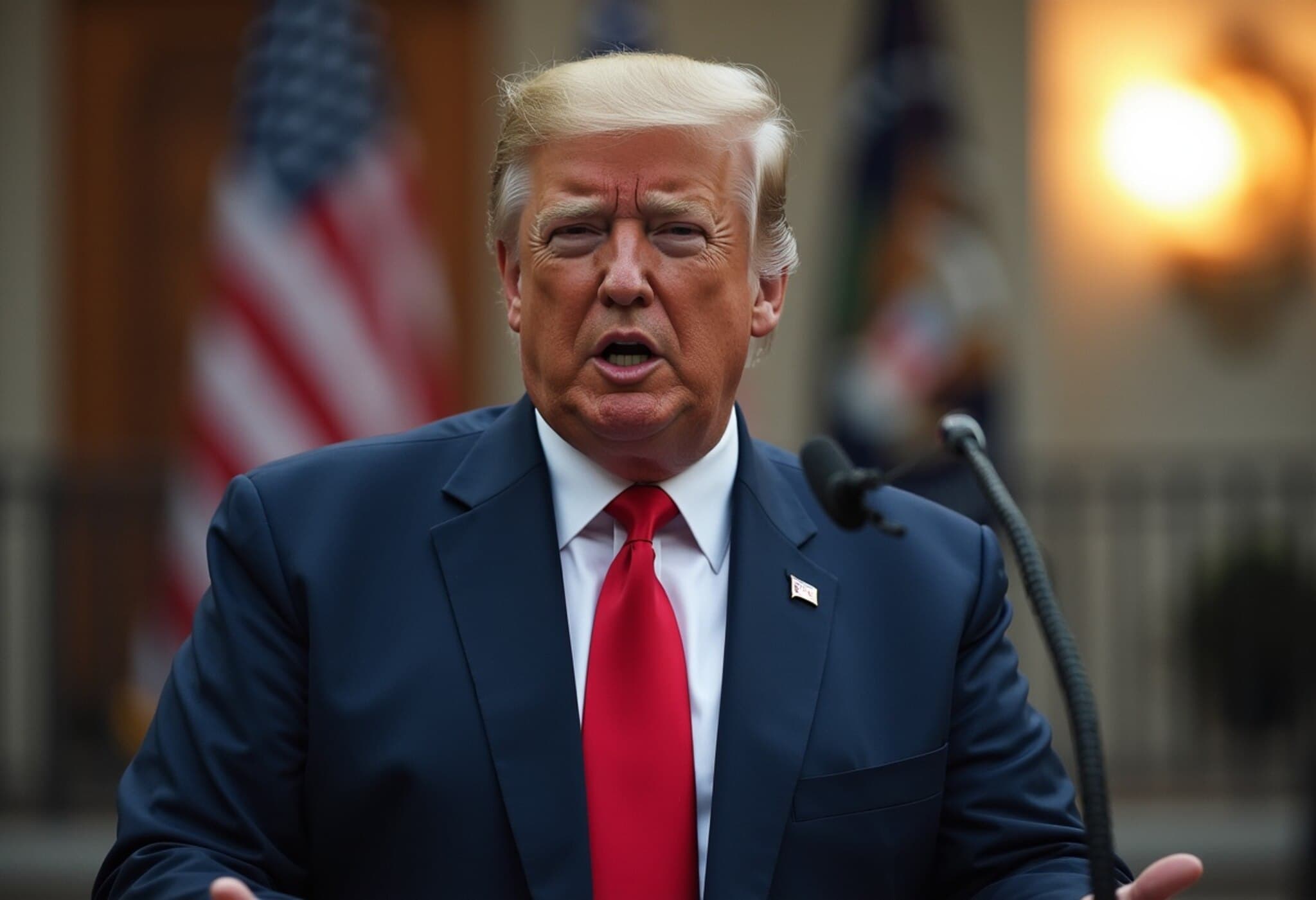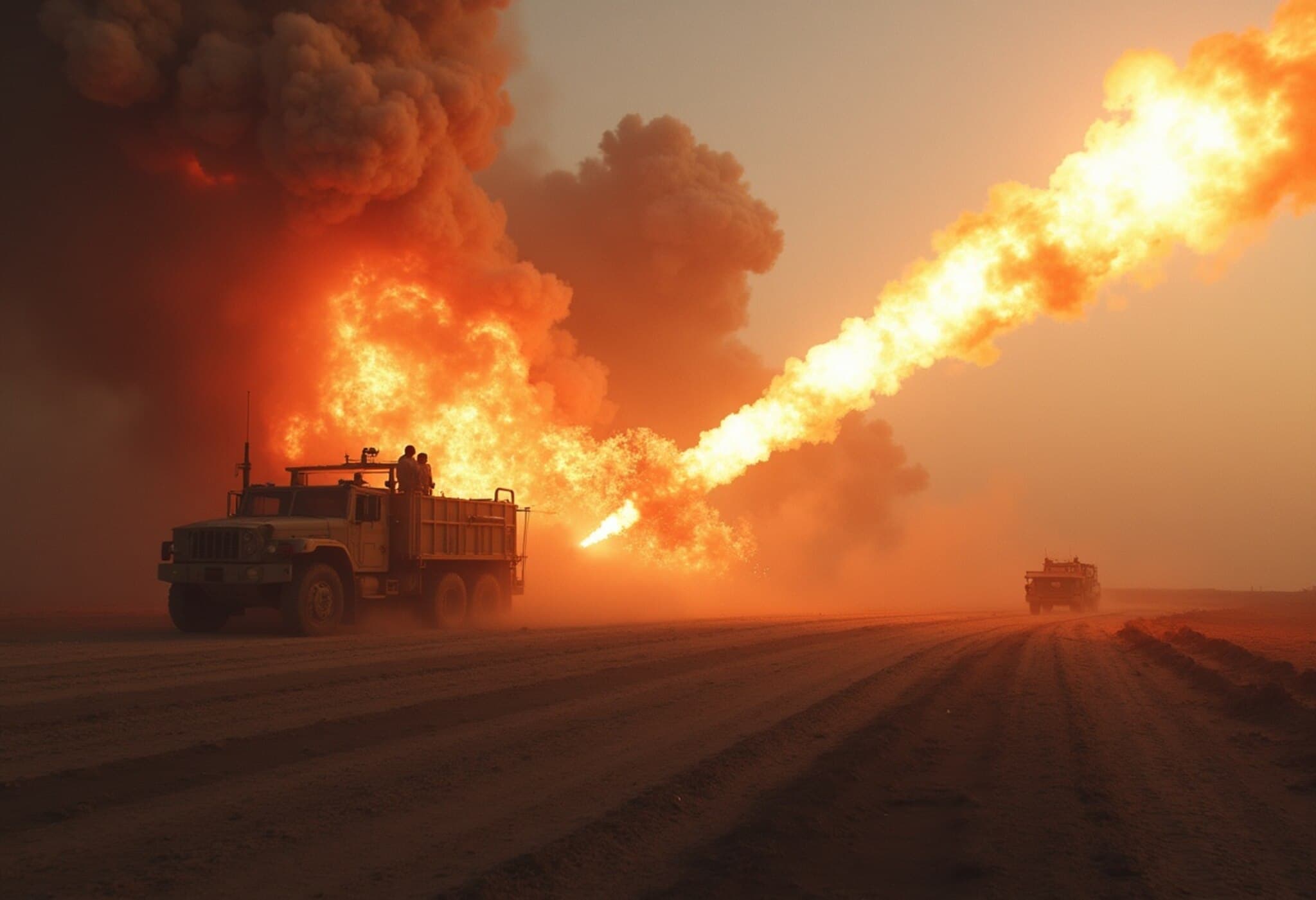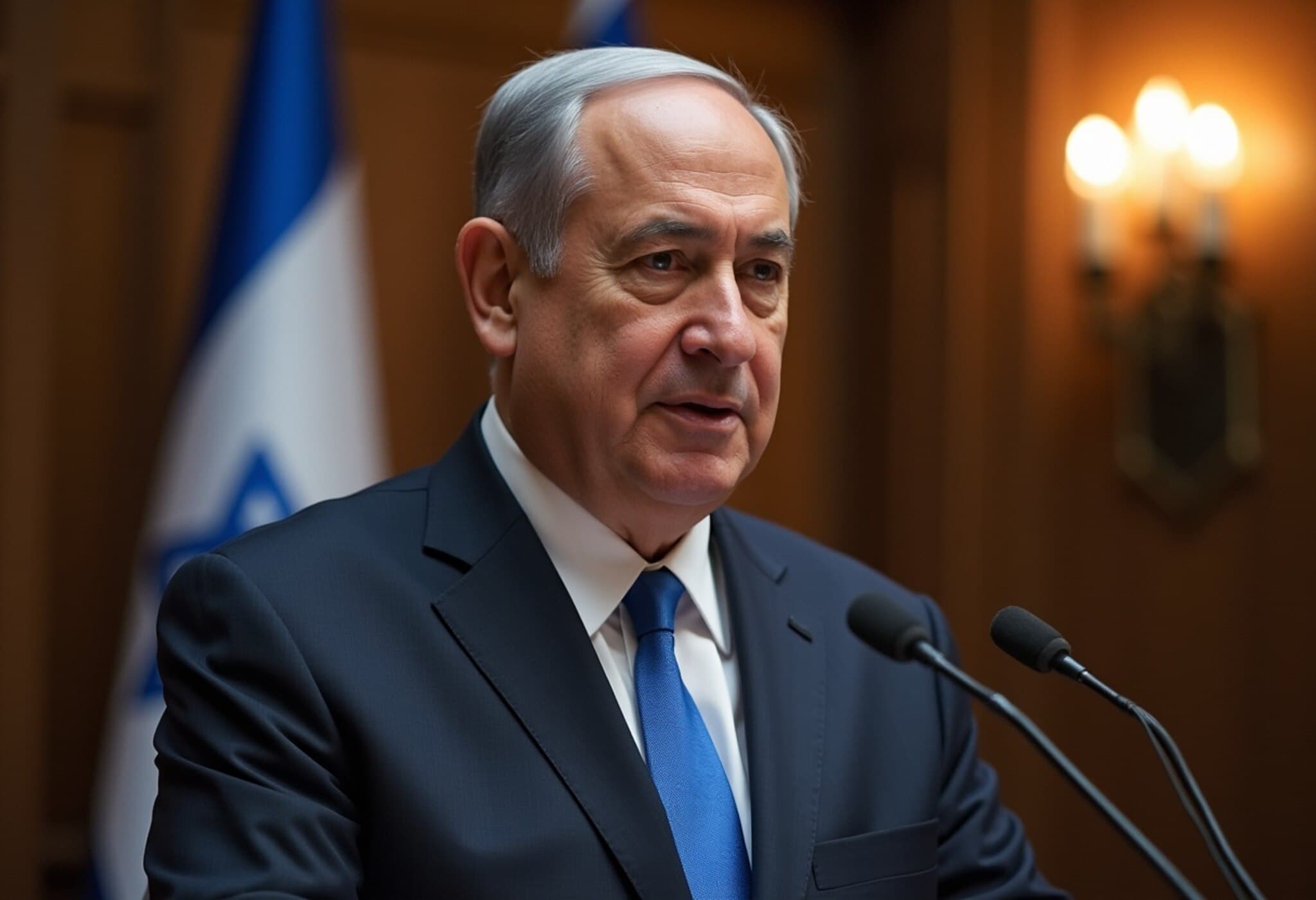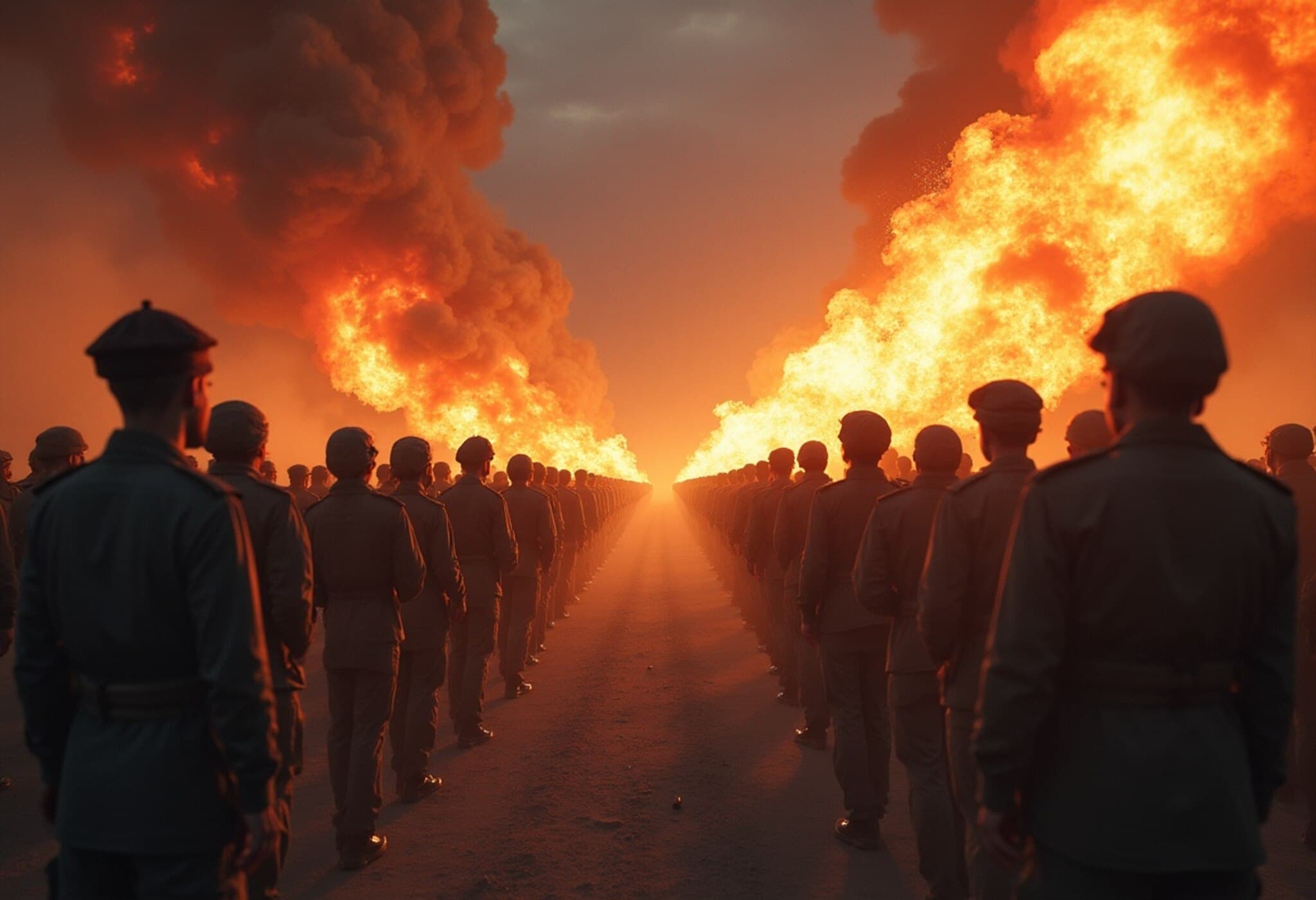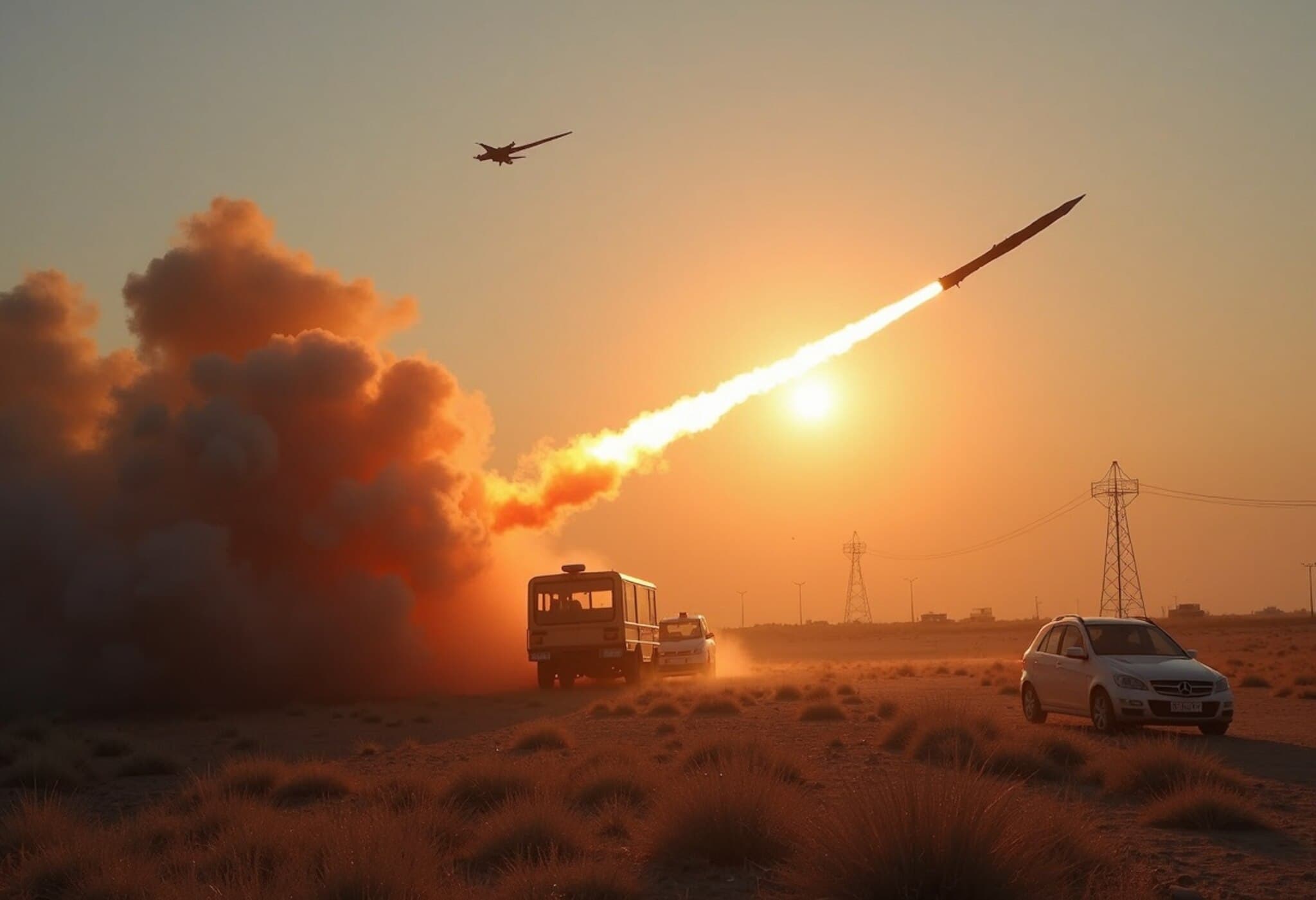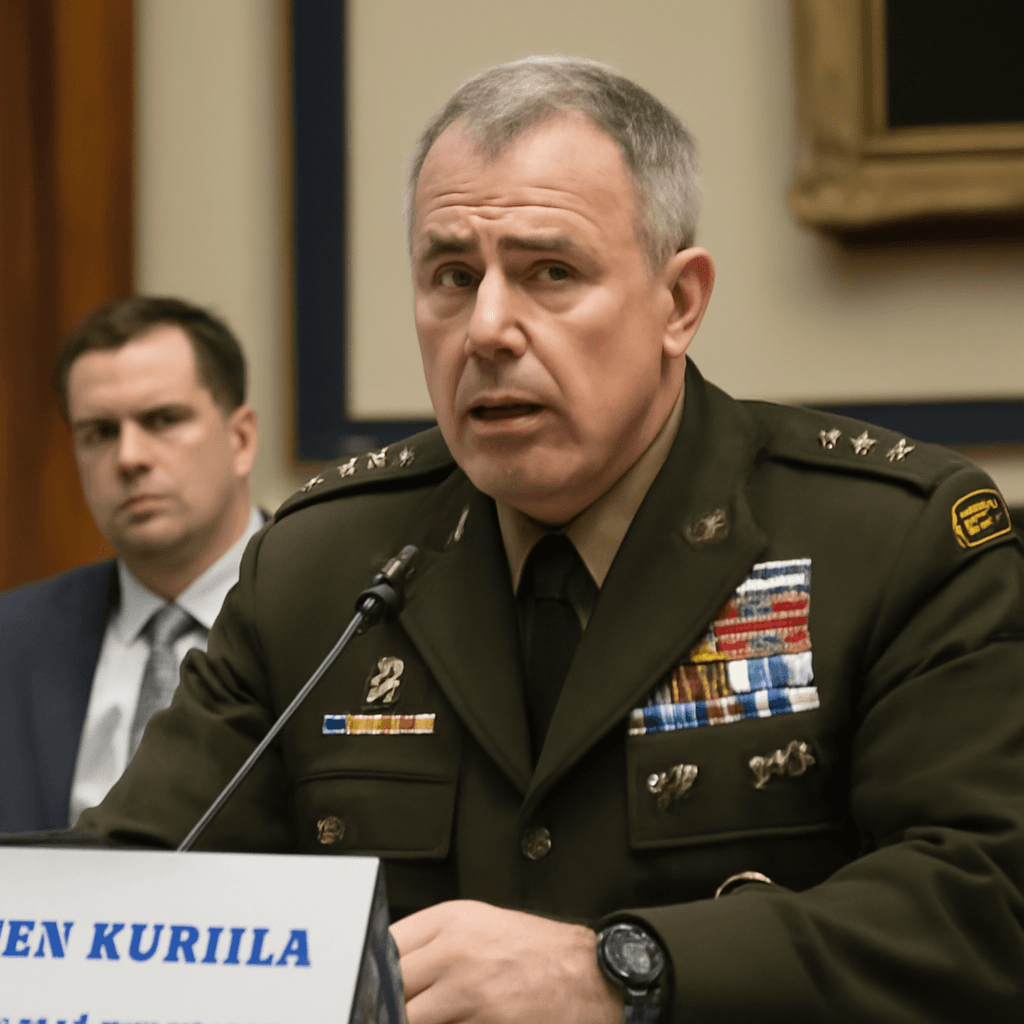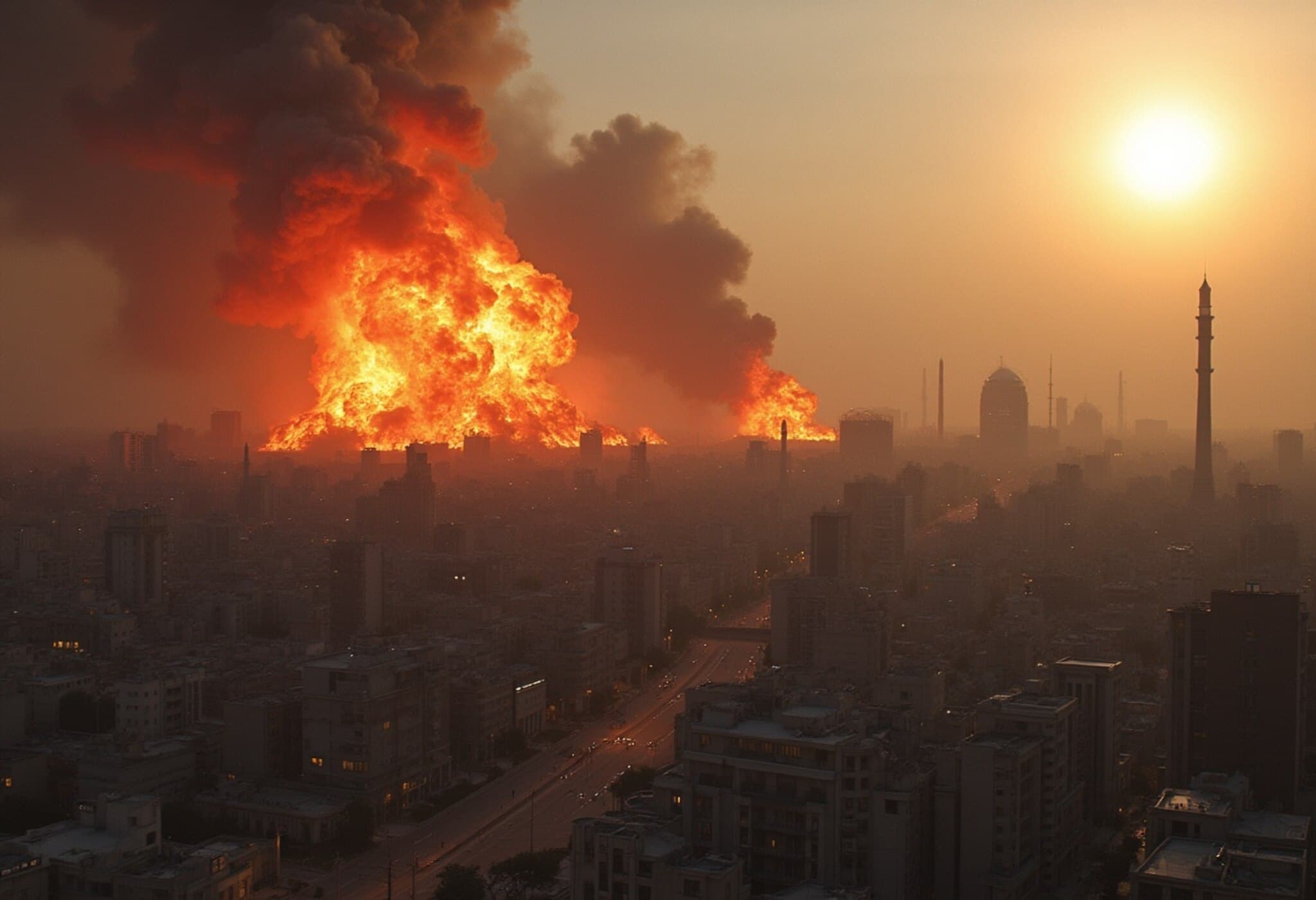Israel Weighs Military Action on Iran Without U.S. Support
As diplomatic negotiations between the U.S. and Iran edge closer to a preliminary nuclear deal, Israel is reportedly considering a unilateral military strike against Iran in the near future. This move, if executed, would mark a significant departure from the current U.S. administration's stance, which firmly opposes such action.
Diplomatic Tensions Rise Amid Nuclear Negotiations
The ongoing talks aimed at curbing Iran's nuclear program have brought Iran closer to a framework agreement, particularly addressing uranium enrichment. However, Israel views key provisions within this proposed deal as unacceptable threats to its national security.
In response, Israeli officials have reportedly intensified plans for possible military action, potentially without explicit support from the United States. Sources indicate that while U.S. involvement is unlikely, support such as aerial refueling or intelligence sharing might still be considered, though no formal plans have been publicized.
Heightened Alerts and Regional Precautions
The prospect of an Israeli strike has prompted the U.S. government to take precautionary steps. Embassies located within the reach of Iranian missiles, aircraft, and other military assets—including those in the Middle East, North Africa, and Eastern Europe—have been ordered to submit threat assessments and mitigation strategies.
Moreover, non-essential American personnel are being voluntarily evacuated from sensitive regions, with military families withdrawn from U.S. Central Command operations. This state of alert underscores concerns about potential Iranian reprisals targeting U.S. assets and personnel.
Strategic Timing and Military Challenges
One critical factor influencing Israel’s decision is Iran's ongoing efforts to restore and enhance its strategic air defenses. Last October, Israel targeted many of Iran's air defense systems, primarily S-300 radars, causing significant but reparable damage.
With Iranian defenses recovering, the window for effective manned Israeli airstrikes without severe risk is narrowing. Hence, Israel may accelerate its military plans before Iran’s capabilities become more formidable.
Uncertainty Over U.S. Involvement and Political Dynamics
Despite Israel's preference for U.S. military and intelligence backing during such a strike—especially on sensitive nuclear sites—the current situation indicates limited or no direct American involvement. The White House has also not briefed senior lawmakers on these developments, adding an element of unpredictability.
Experts suggest that the planned evacuations and posture send implicit messages to Tehran about the U.S. administration's stance and its willingness not to restrain Israel's military options.
U.S. Administration’s Frustration and Iranian Stance
U.S. officials report growing frustration with Iran’s inflexible negotiating position. The two-month deadline set for Iran to meet nuclear agreement terms has passed without satisfactory progress. The administration views Iran's demands—particularly on uranium enrichment—as unacceptable and unattainable.
The tension remains palpable as the world watches whether Israel will strike soon or wait to see how negotiations progress.
Looking Ahead: Potential Fallout and Regional Stability
- Possible Israeli strike could trigger Iranian retaliation against U.S. and regional targets.
- Diplomatic efforts hang in a delicate balance amid rising military posturing.
- The international community remains cautious about escalation risks and destabilization in the Middle East.
As this complex and high-stakes situation develops, vigilance across diplomatic and military channels is paramount to navigating potential crisis points.

